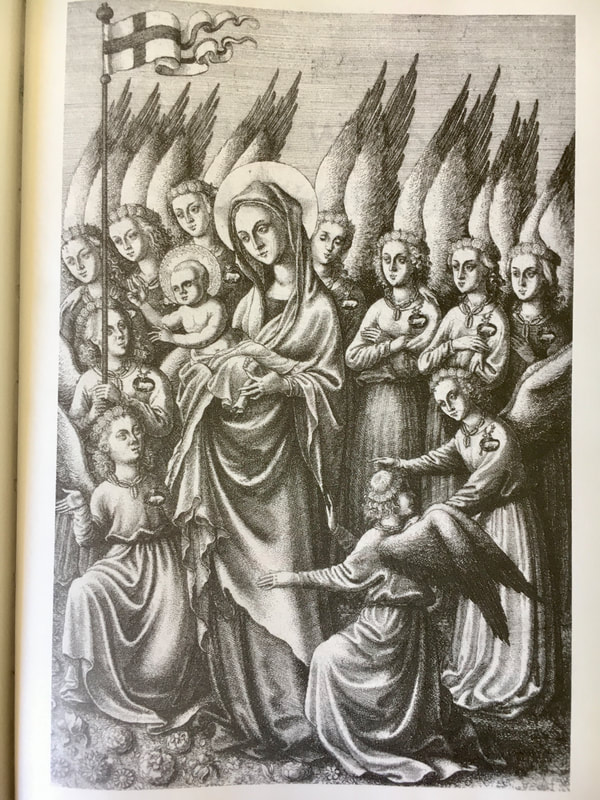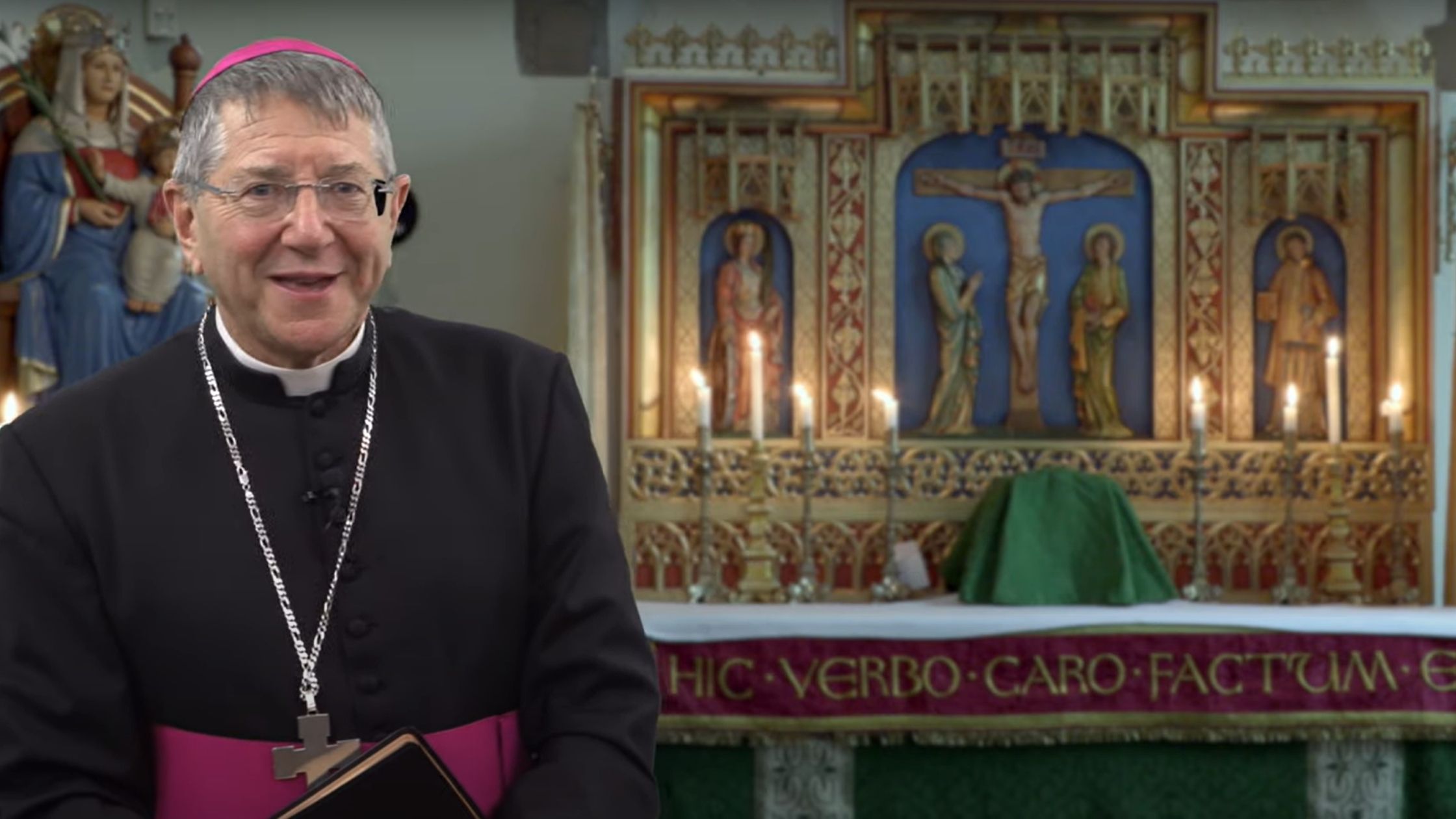

Moreover, the English translation of the traditional Benedictine Office contained in the Farnborough Monastic Diurnal is reverent and hieratic. ( The Cistercian Office of Heiligenkreuz Abbey has always seemed hugely fascinating, if a little exotic.) Additionally, there are those who say the Roman Breviary or the traditional Benedictine Office in an English translation, though the extent to which those translations were approved is sometimes a matter of debate. There are plenty of versions of the Office available right now. An American Catholic who wanted to recite or sing the Office according to an approved version could recite the Liturgia Horarum in Latin or English, the 1960 Roman Breviary in Latin, the traditional Benedictine Office in Latin, or some other approved Office. (For the record, we agree with Clayton that a spirituality based upon Mass and the Divine Office has distinct advantages.) However, we do not think that the problem is so easily solved by another version of the Office. Second, it seems to us that Clayton’s argument essentially is that this version of the Office is one that may well get laity interested in the Office. And the Ordinariate Office, however good it may be, is still hobbled by a four-week psalter. So, on one hand, the four-week psalter may be consistent with the patrimony of the Ordinariate, but it is not especially consistent with the customary use of the Roman Church. Looking, however, at a website devoted to the so-called Book of Common Prayer, it seems that the Anglican psalter, or at least an early version of the Anglican psalter, did indeed use a monthly psalter. (Emphasis supplied.) We do not know enough about Anglican liturgy to know for certain whether or not the four-week psalter is a part of the Anglican patrimony. However, for those who do have more time, and wish to add more Offices in the day from time to time, there are simple options to add Prime (yes Prime!), Terce, Sext, None and Compline. This means that it really is the Office for those who do not have many hours in each day to devote to singing the psalms. It appears, unfortunately, from Clayton’s description that the Ordinariate Office preserves a four-week psalter, though one that does not suffer from some of the omissions that the Pauline psalter does:įirst, convenience and simplicity: the psalm cycle is designed such that it is possible to sing the whole Office with just two Offices in the day – the hybrid Morning and Evening Prayer which allow us, one might say, to sing four Offices as two, and to sing the whole psalter in the course of the monthly psalm cycle. It also, in our opinion, reduces the centrality of the psalter in favor of other aspects of the Office, especially the readings in the Office of Readings and the preces at Morning and Evening Prayer. (In fact, the four-week psalter is the primary reason why we do not regularly recite the Liturgia Horarum ourselves, notwithstanding some of its advantages over the 1960 Breviary.)

The four-week psalter loses through dilution some key dimensions of the psalms, not the least of which is the all-important Christological dimension. While some may argue that the Roman Breviary of 1960 was essentially a transitional breviary, pointing the way toward the Liturgia Horarum-and, in many respects, they may be right-it must also be said that the 1960 Breviary preserved the one-week psalter, which had been the ancient custom of the Roman Church, going back all the way to St. (Emphasis supplied.) He makes several points, and, for that reason, we urge you to read the whole thing at New Liturgical Movement. We have a few observations, though.įirst, one of the key drawbacks of the Liturgia Horarum is the four-week psalter. As he told me, the English Anglican cathedrals and choral foundations are in the midst of a golden age, as regards both attendance and music, and clearly meet a very deep need.”

I heard recently from Mgr Andrew Burnham in England, who was instrumental in producing this, that this continues to this day. The Anglican Office has a proven record not only in enabling laity as well as clergy to pray the Office, but also as a public celebration of Morning and Evening Prayer. I think it provides great possibilities for lay people especially to start praying the Office. He argues,įrom what I have seen I am excited. David Clayton has a lengthy, excellent piece at New Liturgical Movement about the Customary of Our Lady of Walsingham (that is, the English Ordinariate’s version of the Divine Office).


 0 kommentar(er)
0 kommentar(er)
